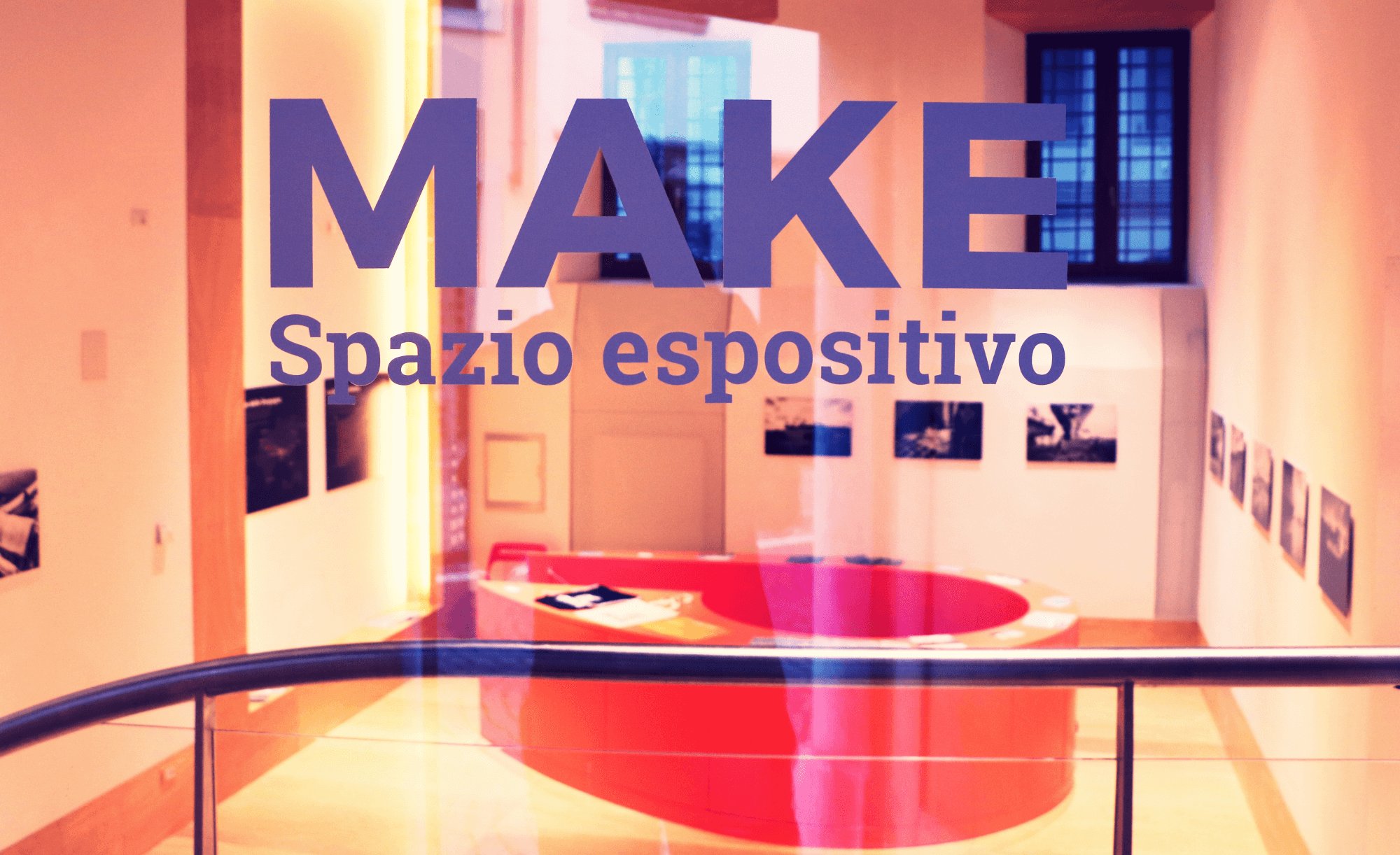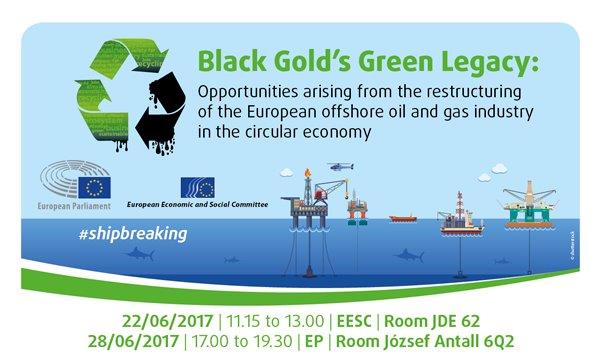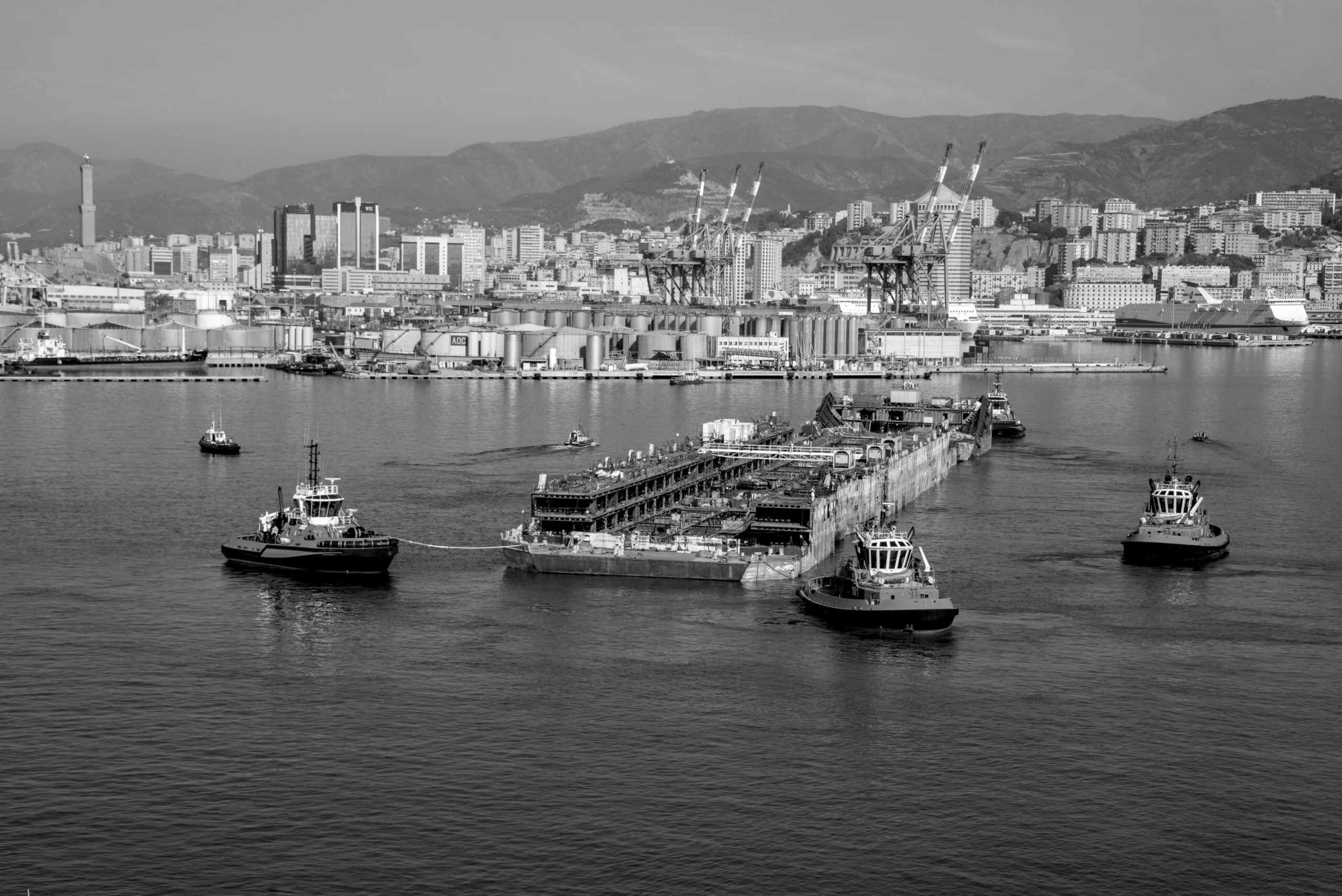Want to learn more about where our toxic waste ends up? What efforts are being made to stop it from causing harm to communities and the environment in the Global South?
MO* Magazine, the NGO Shipbreaking Platform and its member organisation FIDH are organising a debate at the iconic Beursschouwburg in Brussels on 3 October.
Come listen to, amongst others, the UN Special Rapporteur on Human Rights and Toxics, Baskut Tuncak; Goldman Prize winner and Bangladesh Supreme Court lawyer, Syeda Rizwana Hasan; Belgian Federal Police; and Members of the European Parliament talk about ways to prevent toxic trade.
The debate will be followed by the performance With Bare Hands (Live): Life in Bangladesh's Shipbreaking Yards, written by Isacco Chiaf, Sharanya Deepak, Serenella Martufi and Caroline Massie.
Due to the limited number of seats available, the registration is mandatory. Participants can register here.
Background
After a slew of toxic trade disasters in the 1970’s and 1980’s, the international community rallied together to reject the free trade of hazardous materials, prompting the adoption of international treaties that aim at regulating transboundary waste flows. The laws are however easy to circumvent and the developed world’s waste still finds its way to developing counties for cheap and unsafe disposal. The impact of toxic waste dumping in these counties is devastating and severely harms both human health and the environment.
Electronic waste (e-waste) and end-of-life ships are amongst the most devastating toxic waste streams globally. The debate, which is part of the festival Quinzaine de la Solidarité Internationale - Veertiendaagse Internationale Solidariteit 2019, will address the global impact caused by the dumping of hazardous waste, focusing particularly on these two waste flows.
Practical info
Event Timing: 3 October 2019, 17:30 - 20:30
Event Address: Beursschouwburg - Goudenzaal, Rue Auguste Orts 20-28, 1000 Brussels











